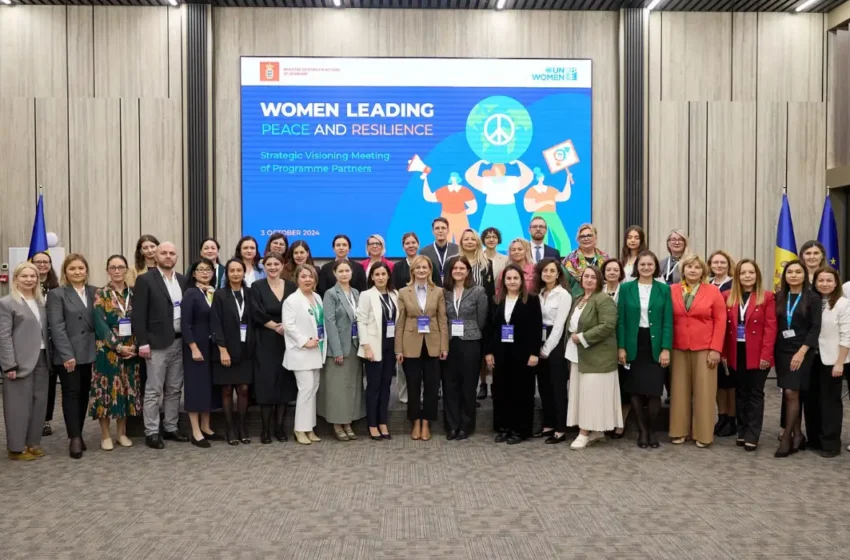
Challenges and strategies: How to advance global gender equality?
Recently, the United Nations presented the “Gender Snapshot” report. According to it, there are no goals for gender equality that have been fully met. It simply means that a lot of efforts are still required to attain true equality between men and women. One of the big complexities is the movements that hinder progress and even take away rights that have already been acquired.
For a long time, fights have continued to gain women’s rights, and this battle is becoming more intense as a stronger conservative group arises. This group has been created by well-organized and well-funded partnerships that raise voices against women’s rights and LGBTQ+ people. They have aimed to weaken international agreements that show favoritism to women’s rights. It includes the Universal Declaration of Human Rights and CEDAW. At the United Nations, these groups become powerful with time, so feminist activists are making efforts to save existing rights. The persistence of gender inequality makes it more challenging to achieve new objectives for gender equality.
Groups that work against women’s rights have many tactics to influence national and international rules and discussions. They are more in power as compared to feminist movements. These strategies include the promotion of public protests at various events. Furthermore, they also used different social media platforms to spread their message. They also engage in less visible actions, such as lobbying government representatives behind the scenes.
These strategies have a special aim. They want to change the stance of people about how they think about women’s rights. In this way, they can stop the progress of gender equality.
Anti-gender activists influence human rights language to diminish women’s rights. They mainly focus on natural rights and family rights to oppose sexual reproductive health rights.
The anti-gender movement has created a strong network to promote their ideas. They have established organizations, published articles, and held various events, which have helped gain wider public and political support for their agenda.
Due to growing anti-gender movements, feminist activists are struggling with many complexities. These challenges are also due to less support for women’s rights worldwide. However, they have very little working space. They still stand in favor of women’s rights and fight against those who oppose these rights.
One great solution is to get more funding for those organizations that support LGBTQ+ people and women’s rights. When compared to anti-rights organizations, they have less money. Groups like Mama Cash and UN Women are trying to find better funding sources.
Lastly, in order to better understand the tactics of anti-rights organizations, activists are gathering information on them. They can successfully refute false beliefs and advance equality for all by disseminating this information and persuasive counter-narratives. To support women’s rights, several actions are essential.
Building robust networks with diverse voices, particularly from the LGBTQI+ community, is another strategy. FEMNET and SheDecides are two alliances that support coordination against anti-rights ideologies.
Although there are fewer locations for organizing, the feminist movement is overcoming these obstacles by coming up with innovative ways to collaborate. To address their disagreements and find answers, women’s rights organizations are exchanging materials, holding conferences, and holding meetings. These gatherings are essential for creating varied connections and innovative funding options. Every three years, for instance, Women Deliver hosts a global conference that brings together thousands of people to talk about gender equality.
Fighting anti-gender movements also requires advocacy at the United Nations (UN). Despite the challenging environment, UN gatherings such as the Commission on the Status of Women (CSW) give campaigners a chance to come together and influence governments. To effectively influence resolutions, feminist organizations need to fortify their ties with states that support them.
Despite all of these complexities, international feminists are working hard to promote gender equality and oppose anti-gender organizations. Collaboration between donors, supportive governments, and feminist organizations is needed to achieve meaningful progress. In this way, they can protect and promote inclusive rights for all.


